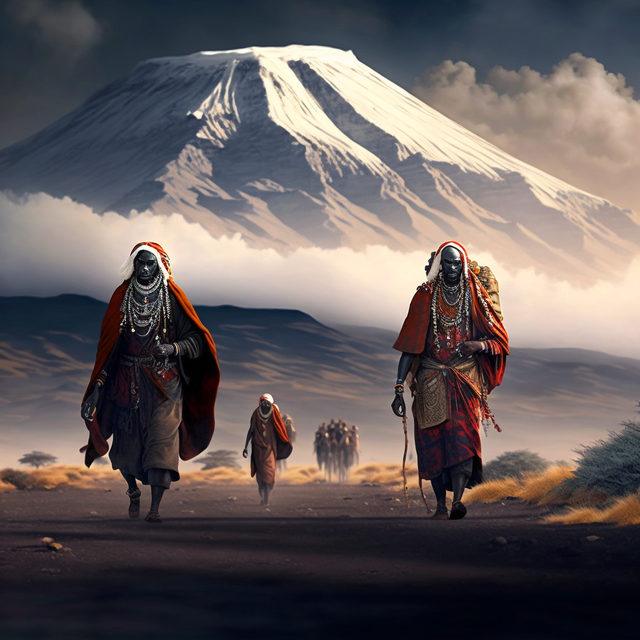
Long ago, in the land of Tanzania, there was a great mountain known as Mount Kilimanjaro This majestic peak was not only the highest in Africa, but it was also the home of powerful gods. The local tribes believed that these gods held immense power and controlled the elements of nature. They would often make offerings and sacrifices to appease the gods and ensure good crops, bountiful rains, and protection from natural disasters.
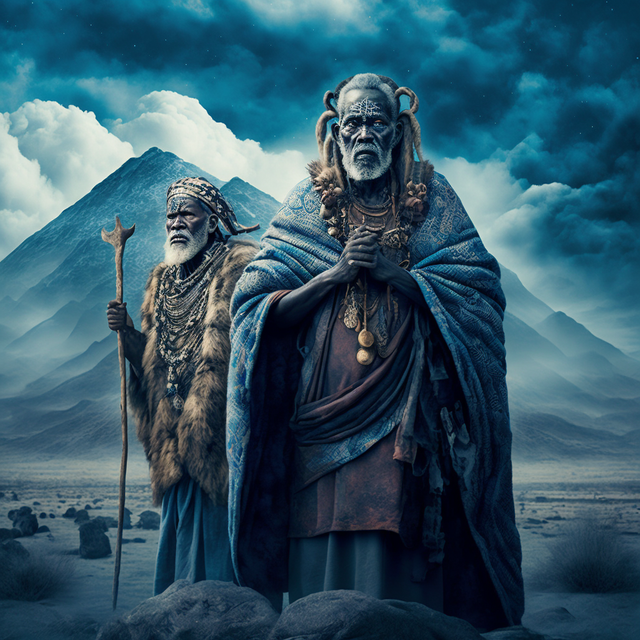
The most revered of these gods was Kibo, the god of fire. He was said to reside at the top of the mountain, in the great volcano that was the heart of Mount Kilimanjaro. Kibo was known for his fierce temper and would often cause eruptions, sending lava and ash cascading down the mountain. But the people knew that if they made the right offerings and performed the proper rituals, Kibo would spare them from his wrath.
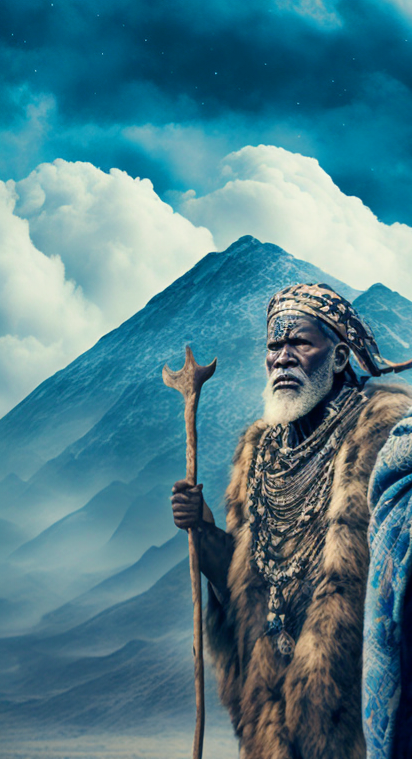
Another important god was Mawenzi, the god of wind. He lived on the second highest peak of the mountain and was known for his ability to create fierce storms and winds that could destroy crops and homes. But the people also believed that Mawenzi had a kind side and that if they honored him, he would bring them good fortune and prosperity.
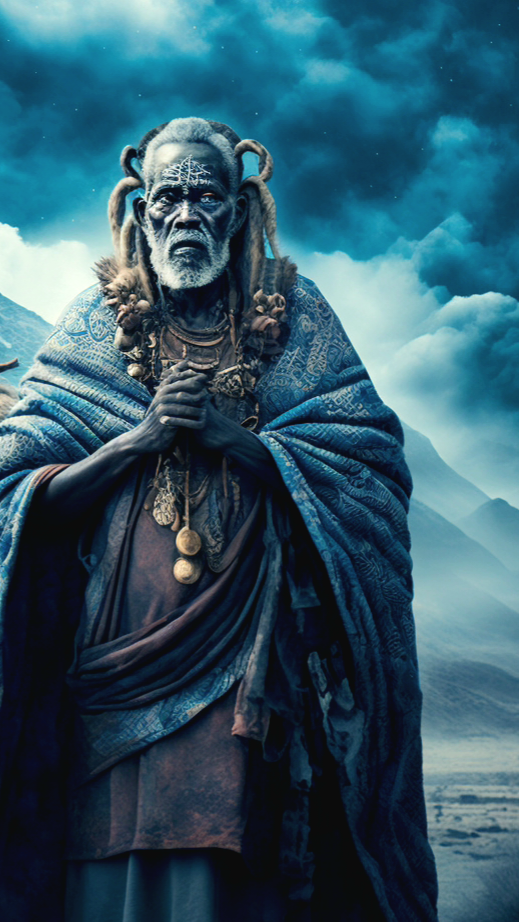
The third and last god was Shira, the god of water. He was said to reside on the western side of the mountain and controlled the rain and snow that fed the rivers and streams that flowed from the mountain. The people would often leave offerings of fruits and grains at the base of the mountain, hoping that Shira would bless their land with bountiful rains.
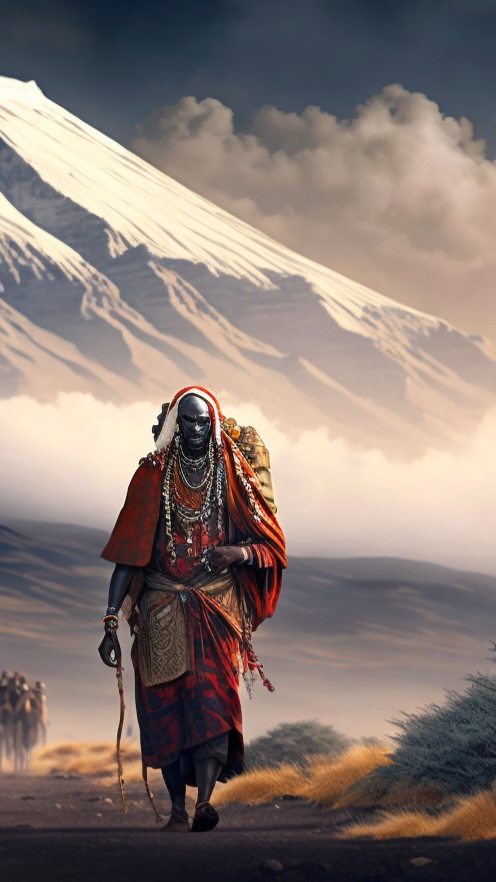
For many generations, the people of Tanzania lived in harmony with these gods, making offerings and performing rituals to appease them. They believed that the gods protected them and provided for them. But as time passed, the people began to forget about the gods and the ancient traditions were lost.
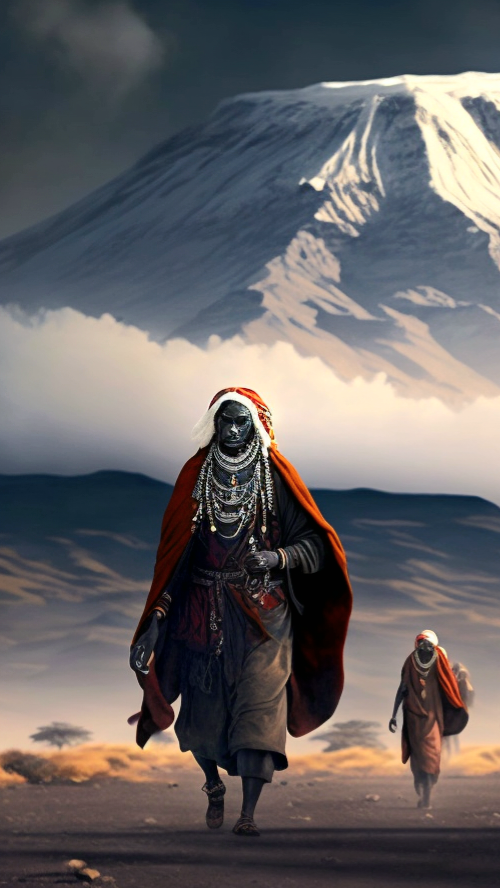
But even today, there are still some who believe in the power of the gods of Mount Kilimanjaro. They make the pilgrimage to the mountain, climbing to the summit to pay their respects to Kibo, Mawenzi, and Shira. And although the gods may no longer be as powerful as they once were, the mountain still holds a sacred place in the hearts of the people of Tanzania. And the legend of the gods of Mount Kilimanjaro will be passed down through the generations, forever etched in the history of the land.
Conclusione era meglio non farli arrabbiare haaaaa, potevo essere Kibo, è meglio non farmi arrabbiare haaaaa.
Scusa per lo scherzo, ora se seriamente, tutti questi di Dio rappresentano le convinzioni delle persone, cercando una soluzione ai loro problemi, penso che fossero molto ignoranti e innocenti, ma la loro fede era così grande che quello che chiedevano è stato fatto, la fede funziona sempre e funzionerà
Downvoting a post can decrease pending rewards and make it less visible. Common reasons:
Submit
L'unica salvezza da un universo concentrazionario e la fede....
Downvoting a post can decrease pending rewards and make it less visible. Common reasons:
Submit
Thank you for sharing the interesting and rich cultural history of Mount Kilimanjaro and the gods that were believed to reside there. The story you shared of the locals making offerings and performing rituals to appease the gods and ensure good crops, bountiful rains, and protection from natural disasters is truly fascinating. It's intriguing to think about how the people of Tanzania once lived in harmony with these gods and passed down the traditions and beliefs through generations. The mountain still holds a sacred place in the hearts of the people of Tanzania even today. It's a reminder of how cultures and beliefs can shape and affect nature.
Downvoting a post can decrease pending rewards and make it less visible. Common reasons:
Submit
Thanks for your time and kindly consideration!
Have a bless day!
Downvoting a post can decrease pending rewards and make it less visible. Common reasons:
Submit